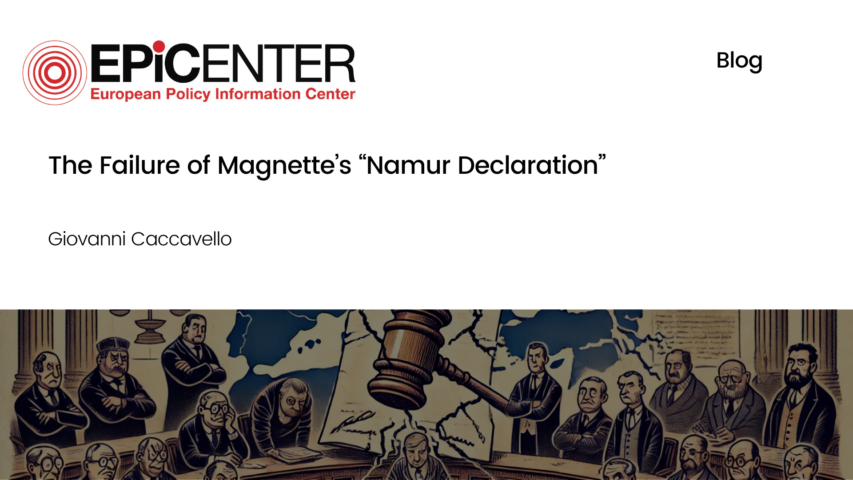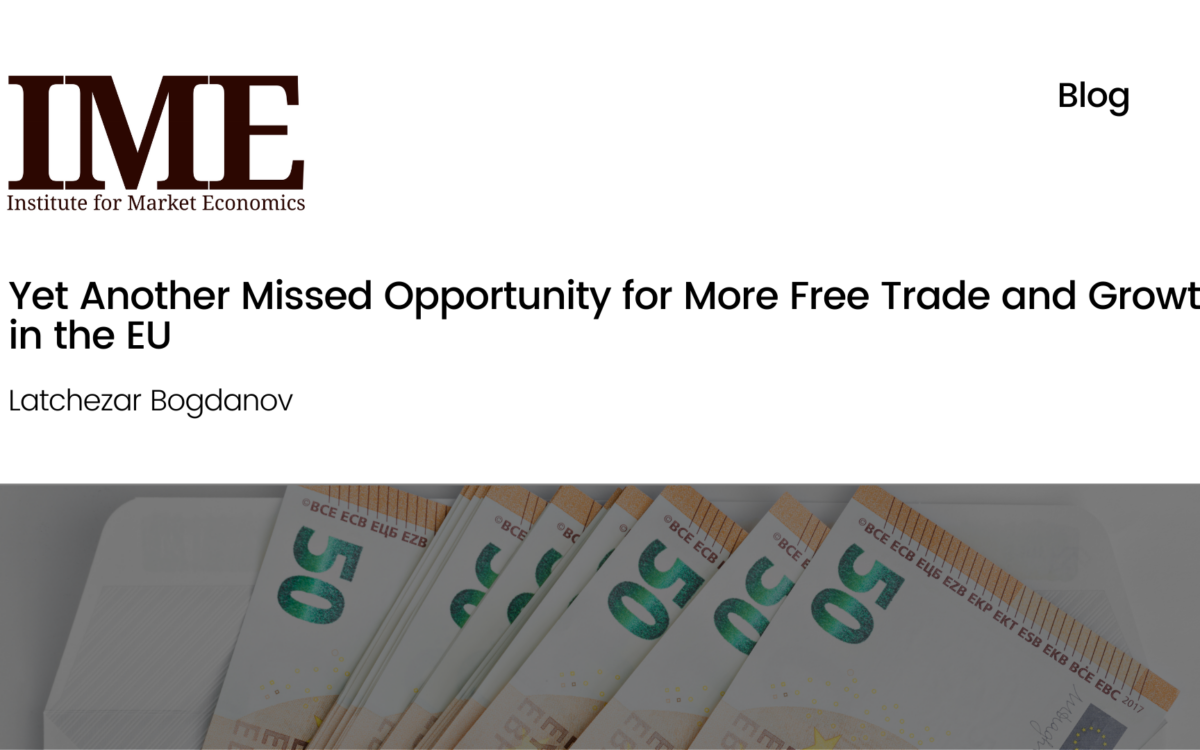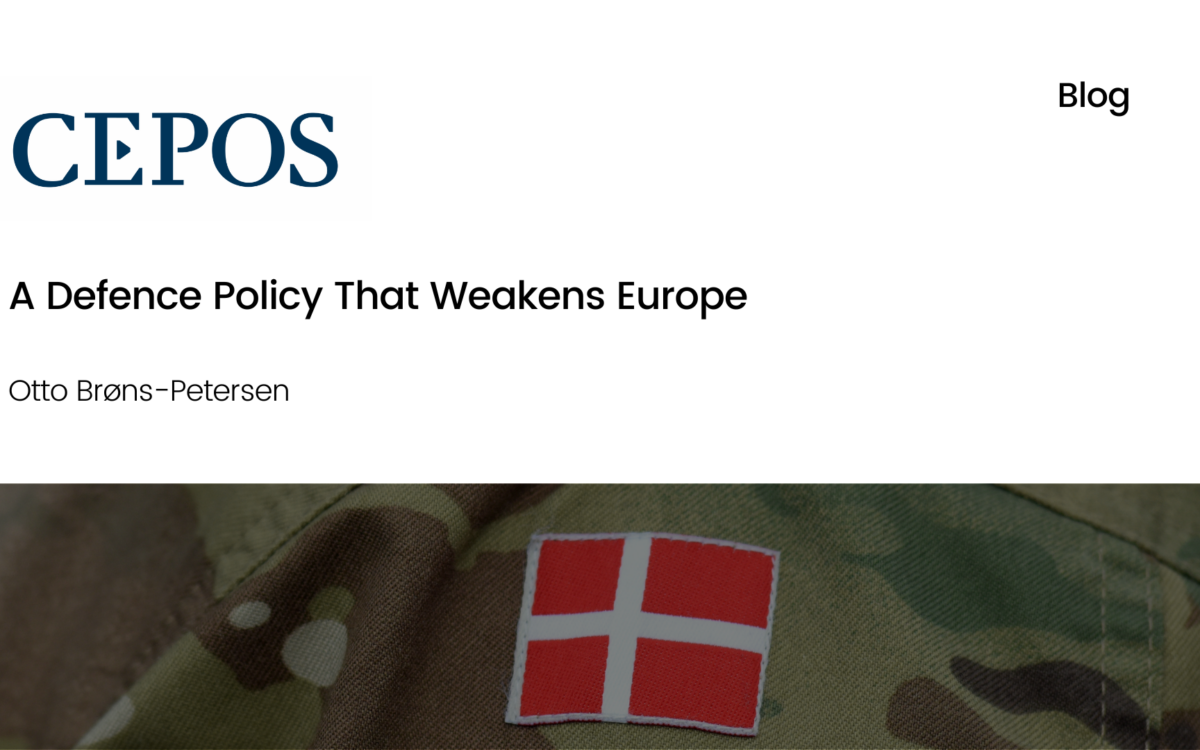The Failure of Magnette’s “Namur Declaration”

The Failure of Magnette’s “Namur Declaration”
Giovanni Caccavello, Research Fellow at EPICENTER // 08.12.2016
On December 5th, Paul Magnette, the current Minister-President of the French-speaking region of Wallonia, Belgium, unveiled his so-called “Namur Declaration”, a 3-page-long statement whose aim is to “radically remake” EU trade policy.
The text, which calls for respect of democratic procedures, compliance with socio-economic, sanitary and environmental legislation and guarantees that the public interest will be respected in dispute resolution mechanisms, is an explicit request for the European Commission to abandon the way in which it currently conducts trade agreements.
Paul Magnette’s now Europe-wide popularity took off at the end of October, when his regional government almost sank the EU-Canada free-trade agreement, delaying by almost a week the official signature of this free-trade deal. During those frantic days, the small parliament of Wallonia, a region of roughly 3.6 million people, de facto blocked the avowed policy of 28 national governments, representing around 510 million people.
Since the beginning of the 2009-2010 European debt crisis, EU institutions have come under intense fire and EU policy-makers talks about reforming Europe are today stronger than even. Whilst the need for change is widely recognised and the proposals to enact it are many, politicians should be careful not to dismantle the parts of existing policy which actually work. One of these is surely trade policy, which is an exclusive power of the EU.
What is striking about the Namur Declaration is that, contrary to its own concluding remarks, it looks more like an attempt to impose local political interests – i.e. Wallonia’s elected officials’ own interests – than a real effort towards better trade deals.
Moreover, if the Declaration is to be adopted, it would create new headaches within the EU, making it even more difficult for European institutions to successfully conclude any future trade agreement as well as to fully implement already signed agreements.
Magnette’s statement seems to totally ignore the wider global trade picture. As explained in a recent EPICENTER briefing on TTIP, 21st century trade agreements involve as much investment protection, intellectual property rights and non-tariff-barriers as goods tariff reductions.
On top of that, given the difficulty to advance the trade-liberalising agenda at WTO level, global trade governance is increasingly shifting in the direction of regional and mega-regional deals – such as TTIP and, in Asia, the TPP – with a view to shaping the future rules of the game.
Within this changing environment, it would be unwise for EU policy-makers to both add further hurdles to Europe’s already long-winded trade negotiation process (see table 1) and to give effective veto power to specific local political interests, especially when their opposition to trade deals is grounded on dubious claims about an alleged erosion of national sovereignty and regulatory autonomy.
Table 1: European Union – Current Trade Negotiation Steps
The Namur Declaration also falls short of providing a clear policy objective. Not only does it confuse the mandate of EU institutions to promote more open trade with a lack of respect for democratic procedures, but it also misunderstands the importance of investment arbitration mechanisms in protecting the rights of governments to regulate in the public interest, and of investors to expect legislative stability under the rule of law. Contrary to the underlying argument of the statement, dispute settlement mechanisms – in the form of “Bilateral Investment Treaties” (BITs) – have been in place since the late 1950s.Evidence suggests that these mechanisms are indeed providing for fair, neutral, and accountable dispute resolution. It is a well-known fact that, as of 2016, almost half of all concluded arbitration cases had been either decided in favour of the state (37%), or discontinued. Furthermore, if the main problem with regards to investment arbitration mechanisms is the appointment of independent judges, Mr. Magnette will be surely glad to learn that his concerns and worries have already been addressed by the EU.
If Mr. Magnette really wants to put trade at the service of inclusive growth and sustainable development, he should consider the vast negative impact that trade protectionism is having on the world’s poorest countries, who would much benefit from increased access to European markets for their goods. In fact, if there is a real criticism to make on EU trade policy, it is that EU institutions should proceed faster in both concluding current negotiations and expanding the current agenda to other important and dynamic liberal economies such as, for example, Australia and New Zealand.
EPICENTER publications and contributions from our member think tanks are designed to promote the discussion of economic issues and the role of markets in solving economic and social problems. As with all EPICENTER publications, the views expressed here are those of the author and not EPICENTER or its member think tanks (which have no corporate view).




